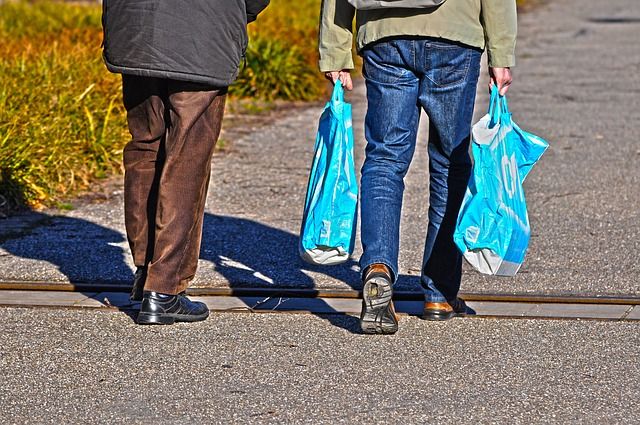According to the Dansk Erhverv chamber of commerce, the average person in Denmark will have only used 32 plastic bags in 2021.
That’s considerably fewer than the 59 used in 2017 and four years ahead of schedule in relation to an EU directive that stipulates that all member states should average under 40 bags per citizen by 2025.
“We can tick it off now. It’s well done by the Danish market and the consumers in Denmark,” Jakob Zeuthen, the head of environmental policy issues at Dansk Erhverv, told DR Nyheder.
“Citizens are increasingly better at bringing their own bags along to put their goods in and take home.”
READ ALSO: Face masks are a ticking plastic bomb
Symbolic, but important
Overall, it is expected that Denmark will consume 183 million plastic bags this year – almost half of the 343 million bags used in 2017.
This year, plastic bag consumption is expected to require 9,000 tonnes of plastic, which is only about 1.5 percent of Denmark’s total plastic consumption.
“It’s symbolic in terms of the overall use of plastic. But it is important anyways, because the plastic bag is an area where the consumer has woken up,” said Zeuthen.
One of the measures taken to encourage people to bring their own bag was to level a 4 kroner cost on plastic bags in shops and ban thin plastic bags.














